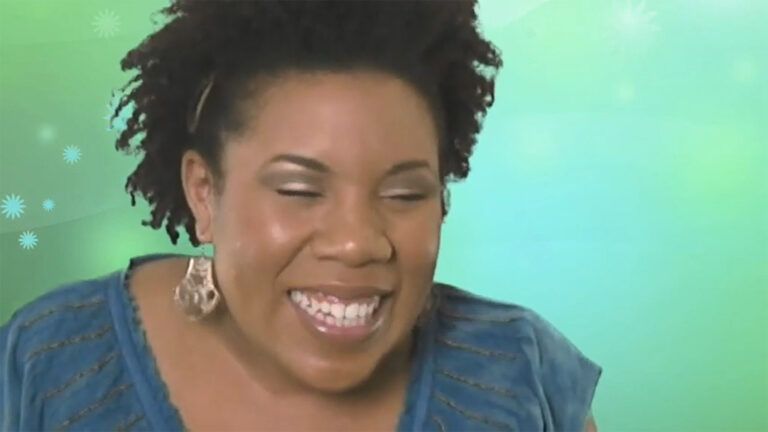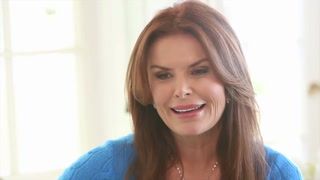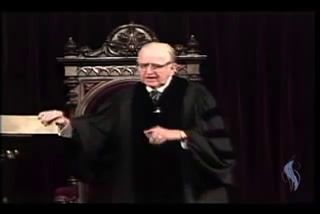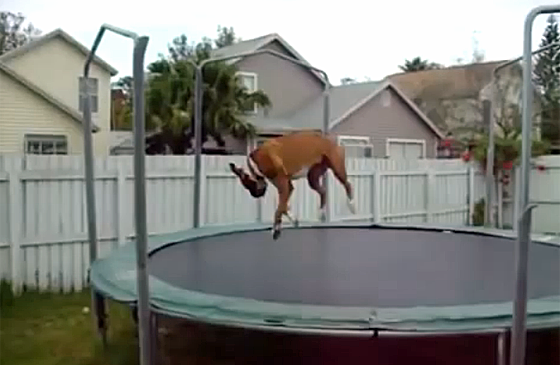
Interview with the Author: Sticking to a Diet
Ian Smith explains why our attempts at changing our diets and losing weight last for such a short period of time.
View Transcript
[GENTLE MUSIC] Everyone starts the year off saying, this is my year to lose weight. I’m going to go to a gym. I’m going to eat better. I’m going to stop smoking, stop drinking so much. And it lasts for two or three weeks. Why does it last for such a short period of time? Because people do not plan, and you have to prepare for it. You have to prepare for the tough part of it, with the urges that you’re going to out with your friends. They’re going to be eating bad fried food, and yet you want to stay on a decent diet plan, you have to prepare for that mentally.
Most people fail in weight loss because they don’t have the mental right. And the mental isn’t just saying, I’m going to do it this year. This is my year. It’s so much deeper than that. The mental is literally sitting down and thinking your way through the plan, thinking your way through your lifestyle habits, being honest with yourself. In order for that to work, you have to sit down and take a minute. I say a minute. Take a couple hours, not at once. But sit down and work on what has been your obstacle or obstacles in losing weight.
The second biggest reason I think people fail at diets is they’re unrealistic. I want to lose 30 pounds by March. No. Is it doable? In a lot of cases, yes, but that’s a big goal. You should expect to lose between one and two pounds a week. And for some people, one pound every other week. Most people have been on diets before, so you know how your body loses weight. You have to decide whether or not that kind of program can work for you, but don’t set unrealistic goals.
Because what happens with an unrealistic goal is even though you’re really being successful, because you’re goal is so out of reach or so ridiculous, you think you’re failing, so you throw away the plan and try to start something new. And that’s why people are always diet shopping.
Choose a diet program where you can look at the food menu and say, I can reasonably stick to this. Make sure it’s a little challenging. You’ve got to challenge yourself a little bit. But don’t make it so it’s unrealistic that after two weeks, you just say, I can’t take this anymore, or, I can’t find the food because the food is so gourmet or so particular. You have to choose a program that you can actually access the food, enjoy the food, and not feel like you’re not getting enough to eat.
What I specialize in is telling people, let’s be honest with ourselves. You’re going to eat, quote unquote, “bad food.” Let’s incorporate that into the diet rather than ostracize it. And so when you do do it, you feel like you’ve cheated, or you’ve done something really bad, and therefore, you kind of lose all hope.
[GENTLE MUSIC]










